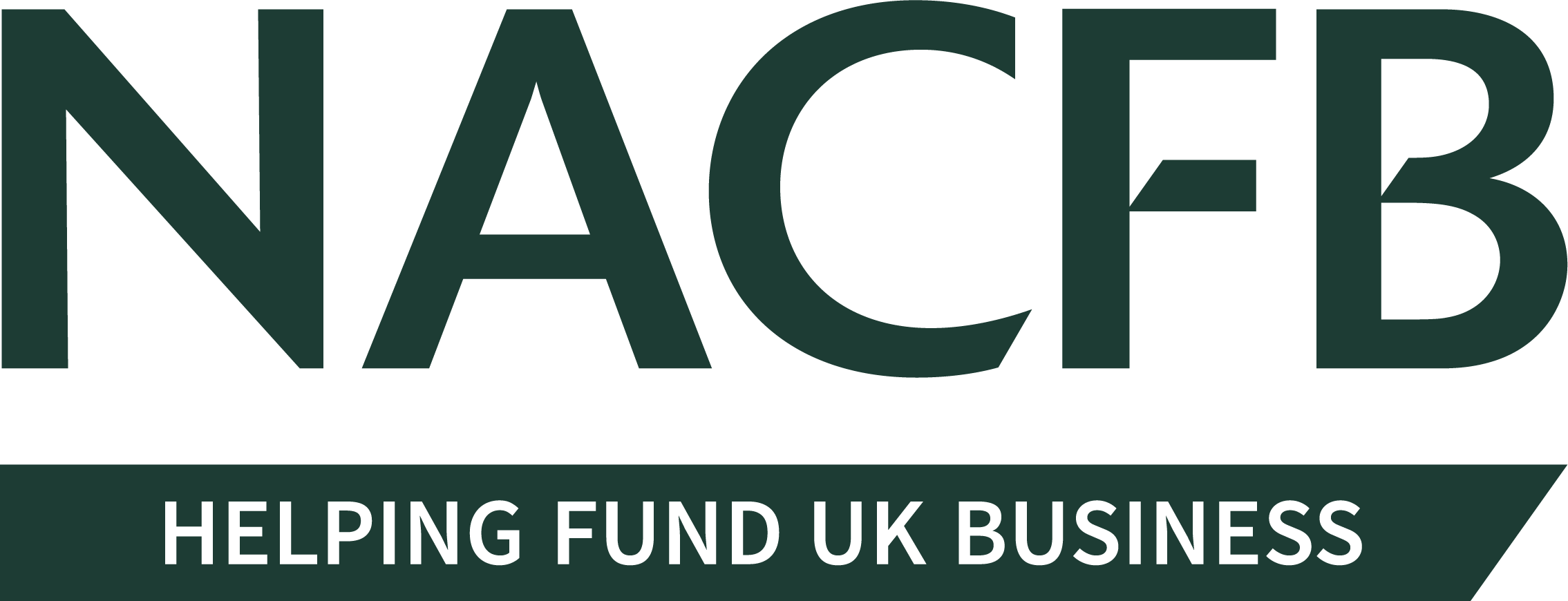Chancellor Rishi Sunak has unveiled his vision for post-COVID recovery with a range of new measures, incentives, and policies.
Sunak said his immediate priority continues to be supporting those hardest hit, with extensions to furlough, self-employed support, business grants, loans and VAT cuts – bringing total fiscal support to over £407 billion.
He also set out plans to drive jobs, growth and investment to help the economy rebound – and spoke about the ‘tough choices’ required to put the public finances on a more sustainable path.
Whilst some of the items from the NACFB’s Budget wish list were addressed, we’ve highlighted below the other key changes that are set to most impact UK SMEs, brokers, and lenders.
Introducing the Recovery Loan Scheme
Perhaps most pertinent measure for the NACFB community is the replacement for existing government-backed funding arrangements. A new ‘Recovery Loan Scheme’ will seek to ensure businesses of any size can continue to access loans and other kinds of finance from £25,000 to £10 million.
Once drawn down, the finance can be used for any legitimate business purpose, including growth and investment. The government will guarantee 80% of the finance to the lender – ensuring they continue to have the confidence to lend to businesses.
- Term loans and overdrafts will be available between £25,001 and £10 million per business.
- Invoice finance and asset finance will be available between £1,000 and £10 million per business.
Finance terms are up to six years for term loans and asset finance facilities. For overdrafts and invoice finance facilities, terms will be up to three years. No personal guarantees will be taken on facilities up to £250,000, and a borrower’s principal private residence cannot be taken as security.
The scheme launches on 6th April and is open until 31st December, subject to review. Loans will again be available through a network of accredited lenders, and the NACFB will share more details in the coming days.
Investment-led recovery
The Budget sought to spread investment and opportunity across the UK, helping businesses to grow, and improving access to skills, capital, and ideas. An overview of key investment measures can be found below:
- Additional ‘English Freeports’ will be based in East Midlands Airport, Felixstowe & Harwich, Humber, Liverpool City Region, Plymouth, Solent, Thames and Teesside and will be special economic zones with different rules to make it easier and cheaper to do business.
- A new UK Infrastructure Bank, located in Leeds, will also be established. Sunak outlined that the Bank will invest in public and private projects to finance a green industrial revolution and will have an initial capitalisation of £12 billion.
- 130,000 SMEs will be supported through the new Help to Grow scheme, providing the digital and management tools needed to innovate, grow, and help drive recovery.
- Beginning April 2021, a new super-deduction will cut companies’ tax bill by 25p for every pound they invest in new equipment meaning they can reduce their taxable profits by 130% of the cost.
- Finally, part of the government’s ‘Ten Point Plan’ for a green industrial revolution, new port infrastructure will be built to support the next generation of offshore wind projects in Teesside and Humberside. The UK will issue at least £15 billion in green bonds to help finance the transition to net zero and the government will launch the world’s first sovereign green savings bond for retail investors.
Jobs and livelihoods
In line with the government’s roadmap for the cautious easing of social distancing rules, the Chancellor pledged to keep economic support in place until the UK is out of lockdown. An overview of key employment related measures can be found below:
- The Coronavirus Job Retention Scheme will be extended to September and the Self-Employment Income Support Scheme (SEISS) will continue with a fourth and a fifth grant. The extension will provide for a further 600,000 people, many of whom became self-employed in 2019-20, who may now be able to claim direct cash grants under SEISS.
- In addition, the business rates holiday in England has been extended by an additional three months. This means some 750,000 retail, hospitality and leisure properties in England will pay no business rates for three months from 1st April when combined with Small Business Rates Relief, with further relief available for the rest of the year.
- To continue supporting the 150,000 businesses in the tourism and hospitality sectors, the government has extended the temporary 5% reduced rate of VAT until 30th September 2021. To help businesses manage the transition back to the standard rate, a 12.5% rate will then apply for a further six months, until 31st March 2022.
- Grant funding will also be available to businesses in England through a new £5 billion ‘Restart Grant’, providing up to £18,000.
- The Chancellor is increasing support with £126 million of to enable 40,000 more traineeships and doubling the cash incentive to firms who take on an apprentice to a £3,000 payment per hire. The National Living Wage will be increased to £8.91 from April.
- A new mortgage guarantee scheme will enable homebuyers to secure a mortgage up to £600,000 with a 5% deposit, and an extension to the temporary cut in Stamp Duty Land Tax to September will support the housing market and protect and create jobs.
- £700 million will support the UK’s arts, culture, and sporting institutions as they reopen, backing the UK and Ireland’s joint bid to host the World Cup in 2030.
- There will also be a fuel duty freeze alongside a freeze in duty rates for beer, cider, wine, and spirits.
The full policy paper setting out the government’s plans to support economic growth can be found here.


